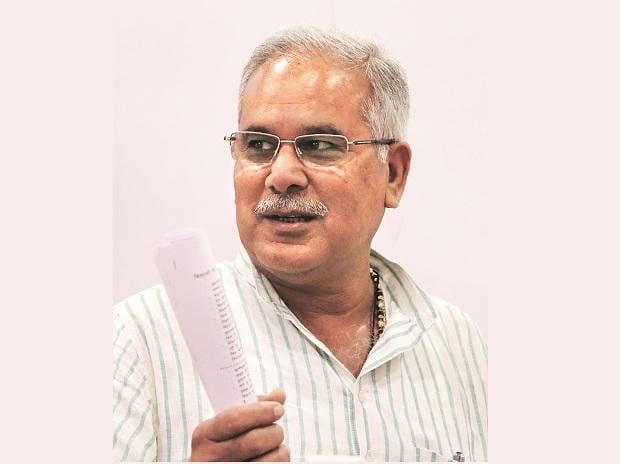The Chhattisgarh government has succeeded where Akbar, the Mughal emperor from 1556 to 1605, had failed.
The state government has surveyed and allotted “masahati pattas” (land ownership deeds) to inhabitants in the densely forested pocket of the Bastar region.
The emperor, despite the assistance of his able finance minister, Todarmal, had failed to compile revenue records in this area.
The development will facilitate villagers in getting benefits of welfare schemes of the Central and state governments.
A masahati study is a kind of land revenue survey. Under the system, the administration determines the landholdings of villagers through their gram sabhas instead of conducting a revenue survey, which involves capturing satellite images of the area and door-to-door compilations of records.
Chief Minister Bhupesh Baghel had directed officials to conduct a masahati survey in the Abujhmad area, which had never been surveyed, given the inaccessible terrain.
According to reports, revenue officials of Akbar, who was the first to conduct a revenue survey in the country, failed to enter the region.
The attempt of British officials too went in vain.
Straddling Chhattisgarh and Maharashtra, Abujhmad, or unknown hills, is spread over 6,000 square km and a major part of it is in Chhattisgarh. Covered with dense forests, the area is cut off from the mainstream of life and is a haven for Maoists.
The Chhattisgarh government had notified conducting a masahati survey in 246 villages in the region. Of those, 237 are located in the Orchha block while nine are in the Narayanpur block.
“The survey of 93 villages, including all nine of the Narayanpur block and 84 of the Orchha block, has been completed,” a state government spokesperson said.
More than 5,000 people have received “masahati pattas” so far, the spokesperson said, adding that the remaining part of the survey is going on at a rapid pace.
After getting the rights, villagers will be eligible to take the benefits of the welfare schemes of the state government. Officials said the farmers of about 246 villages here had faced a lot of difficulty for generations because there was no record of their lands in the government database.
Due to this, they were unable to get benefits of welfare schemes such as loans and selling paddy at support prices.
Earlier, villagers were dependent on rain for irrigation but now, after the distribution of the pattas, they can get solar pumps under a government scheme. Besides, they can sell paddy at the minimum support price. They used to sell paddy to traders at a throwaway price of Rs 10-15 a kg.
Note:- (Not all news on the site expresses the point of view of the site, but we transmit this news automatically and translate it through programmatic technology on the site and not from a human editor. The content is auto-generated from a syndicated feed.))




Undeniably believe that which you said. Your favorite justification seemed
to be on the internet the simplest thing to be aware
of. I say to you, I definitely get annoyed while people
consider worries that they just don’t know about.
You managed to hit the nail upon the top and also defined out the whole thing without having side-effects ,
people could take a signal. Will probably be back to get more.
Thanks
Hi I am so delighted I found your webpage, I really found you by
mistake, while I was browsing on Digg for something else, Nonetheless I am here now and
would just like to say kudos for a fantastic post and a all round enjoyable blog (I also love the
theme/design), I don’t have time to read through
it all at the minute but I have book-marked it and also included your RSS
feeds, so when I have time I will be back to read much more,
Please do keep up the fantastic job.